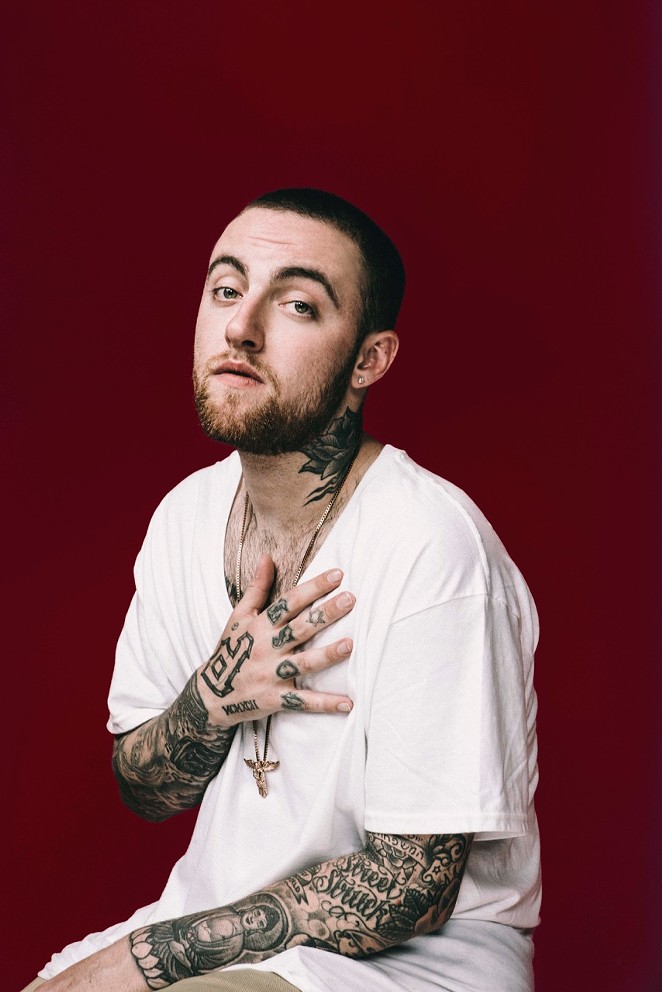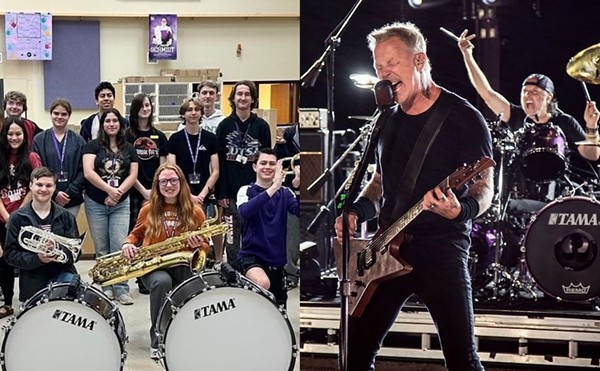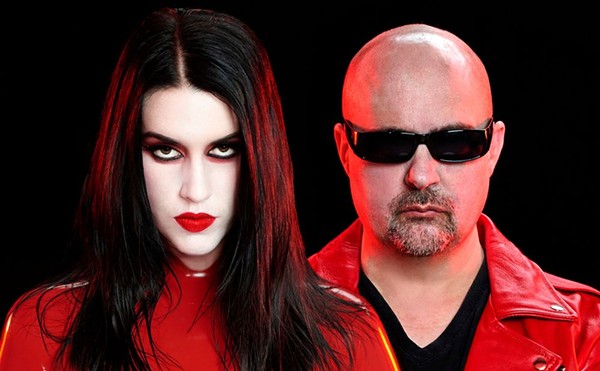I was 26 and had recently relapsed from a four-month sobriety stint – three months of which I spent at Haven For Hope, a homeless shelter that also provided a 90-day treatment program called the
Long story short, I ended up overdosing on heroin and surviving. However, the experience wouldn't stop me from plumbing the depths of cocaine and meth addiction for the next couple years. In what seems still like a miracle, on June 6, 2014, after a decade of trying to get sober, I asked a friend who had been sober for several years how he got sober. I've been drug- and alcohol-free since then.
Though I couldn’t tell you the name of any of his songs, somehow rapper Mac Miller’s death earlier this month hit home. Though he may have wanted to die, so many of us addicts and alcoholics accidentally overdose chasing the perfect high and end up slipping past the point of no return.
It started to make me think about why so many of musicians and artists continue to overdose.
During that period of wanting to get sober, with several moments of “fuck-it-I-can’t-get-sober-let’s-just-get-drunk,” I was writing and performing music, sharing stages with Deer Vibes, Fishermen, Lonely Horse
Some of the most influential musicians on the planet were martyrs for the gods of dope, and secretly I hoped I’d become a martyr myself. To be completely honest, I hated the way I felt not fucked up.
This craving, itch, incessant desire to change the way we feel is part of alcoholism, and the stigma around it has caused a lot of people to go untreated – that and a lack of education, fear and a disbelief that they could ever get sober and stay sober.
Dr. Stacy Speedlin, a professor who teaches addictions courses in San Antonio says musicians and other artists are oftentimes emotionally driven even though she says a lot of these creative-types don’t necessarily feel that they are.
“Living in a world of [non-emotionally-driven creative types], they feel a bit unique, individualized, [which can cause] a great deal of isolation," Speedlin says. "Naturally, that personality type is driven into the music world … sometimes the music world brings a deeper sense of isolation and disconnection, especially for those who gain a degree of success. You can see how drugs and alcohol could come into play.”
Speedlin also quoted Johann Hari, author of Chasing the Scream: The First and Last Days of the War on Drugs. Hari said in a Huffingington Post article, “The opposite of addiction is not sobriety. It is human connection.”
I could relate. Being tossed between guilt, shame and self-loathing for the decisions I was making while using, I can see looking back that I longed for connection. For someone to empathize with the
“I went from being the party guy to the guy who couldn’t get going without this or that,” Hickoids frontman Jeff Smith told the Current.
Smith, who’s been sober for more than 16 years, said musicians, especially famous ones, often use drugs to fill the void especially during periods of flux their careers. And sometimes people just like to live fast.
“On the other hand,
Even with all the information out there on the subject, Speedlin says, some people – even some health-care professionals – don’t believe addiction is a disease, even though the American Medical Association recognized alcoholism as an illness in 1956, followed by addiction in 1987.
“Historically, we’ve had the Harrison Act, which criminalized addiction, which happened in the early 1900s,” Speedlin said. “And from there you see ... how we persist with this perspective that addiction is not a disease – it’s an illegal act, and therefore deserving of punishment and institutionalized retraumatization.”
Nina Diaz, who fronts SA’s Girl in a Coma, is also in recovery from drugs and alcohol. Diaz said she thought no one noticed anything was wrong with her even though she had been drinking since she was 13 years old and using cocaine by the time she was sixteen.
“It’s almost as if everybody knew something was up with me, but no one wanted to talk about it, “ said Diaz. “People maybe thought, ‘Well, maybe it’ll go away' kinda thing. We need to talk about it, 'cause families that don’t address these things – even as hard as it is – that’s when things get worse, and that’s when lies get heavy and that’s when ODs can happen.”
If you or someone you care about needs help, here are a few resources in San Antonio that can help:
Substance Abuse and Mental Health Services Administration's national helpline
Getting help from Haven for Hope
Alpha Home's rehab centers
Alcoholics Anonymous San Antonio
Texas Health and Human Services referral centers
Stay on top of San Antonio news and views. Sign up for our Weekly Headlines Newsletter.

















